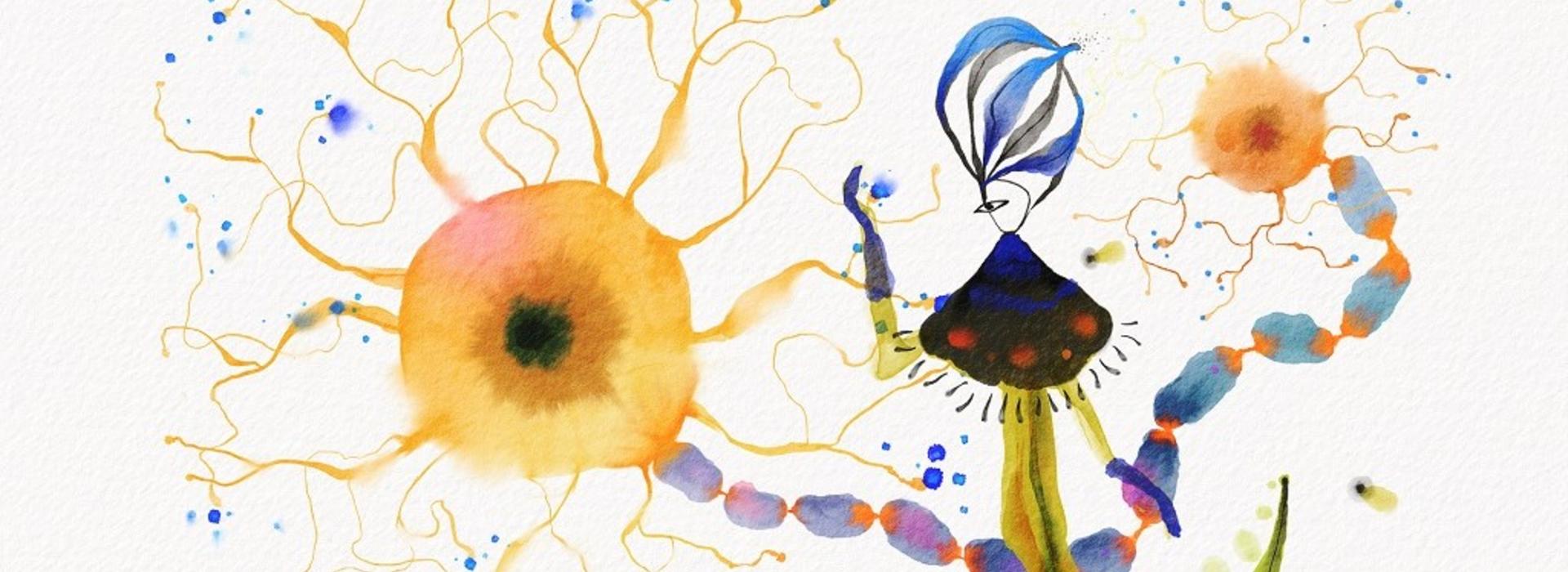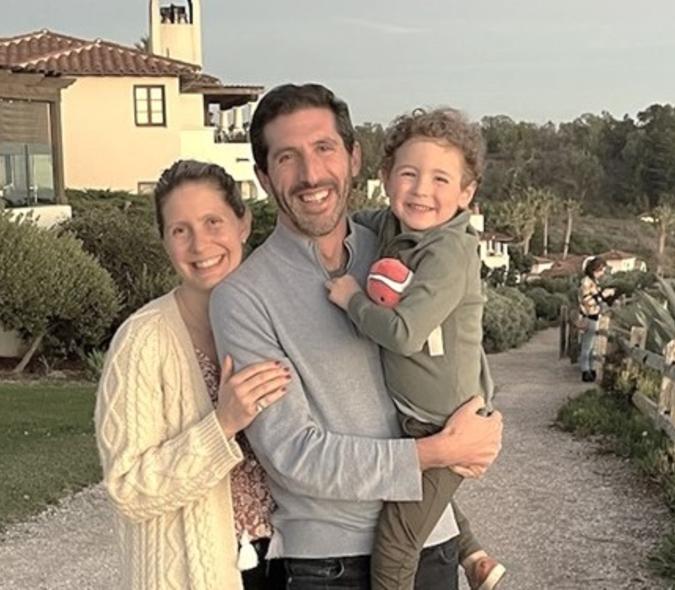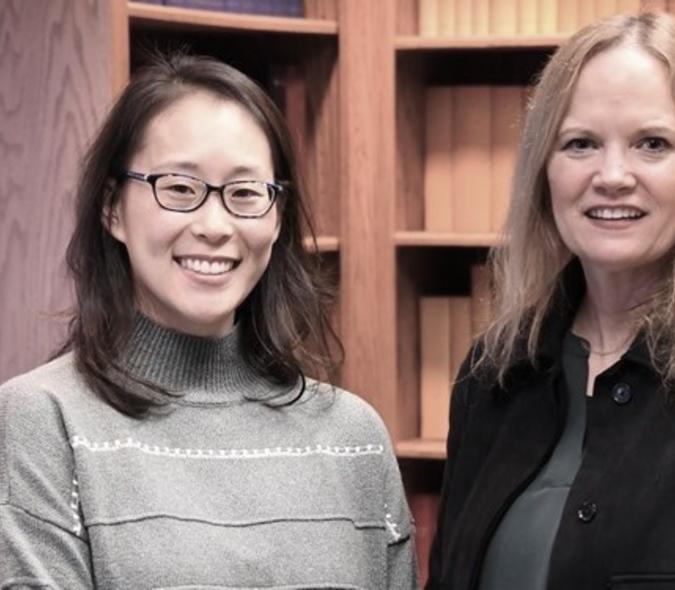
Minnesota collaborators work with colleagues in Japan to create course aimed at increasing undergraduate well-being
Associate Professor Katie Cullen, MD, head of the Child & Adolescent Mental Health Division of the Department of Psychiatry and Behavioral Sciences, is starting 2023 out on an exciting note. She is working with Yuko Taniguchi, MFA, a senior teaching specialist at the University of Minnesota Rochester, and instructors at Akita International University (AIU) in Akita City, Japan, to help deliver a course titled, “Creativity and Wellness.”
Building on previous work
With this international collaboration, Cullen and Taniguchi are building on the work they did to develop Creativity Camp – a two-week intervention designed to help young people with depression shift out of negative thought patterns through engagement in creative activities. Together with AIU faculty members, Associate Professors Naeko Naganuma, Naoko Araki, and Lee Friedrich, they have adapted the course to be suitable for college students and worked to increase its cultural relevance. It will be held at AIU during a special 2-week intensive session in January 2023.
Additional collaborators on the project, who also worked on Creativity Camp, include Bonnie Klimes-Dougan (Psychology), Jamie Yung (Weisman Art Museum) and Peng Wu (professional artist.) While the team brought in some elements from Creativity Camp, this work will be different. “We are trying to address mental health issues that undergraduates at AIU may be experiencing,” said Cullen. “We’re introducing a way of thinking and being, trying to foster creativity, and teaching skills related to wellness.”
Adapting to a different place

Cullen (pictured here) notes that in Japan, suicide rates are higher than in the U.S. “Addressing wellness in young people could be a starting point to address this problem,” she said. “We have something to offer and want to see if what we’ve been developing in the Creativity Camp project can be adapted to a place that is quite different than ours.”
Yoga and meditation will part of the intensive two-week course. “In addition, the instructors will help students apply basic concepts of positive psychology, such as growth mindset, character strength, self-esteem, self-advocacy, and self-compassion,” noted Cullen. She and Taniguchi will be on-site guest lecturers and will attend class every day.
Research component
For the research component of the project, the students who attend the course will be invited to participate in a study. If they agree, they will complete questionnaires about their wellness before and after the Creativity and Wellness course. Cullen also plans to gather qualitative data from interviews and observations, which she said, “Will provide a deeper understanding of the students’ experiences.”
A key focus in the adaptation of the approach was to consider aspects of Japanese culture. “Our collaborators in Japan have pointed out that in comparison with the United States, the academic mission in Japan is more focused on rigor and achievement,” noted Cullen. “There is much less of an expectation for students to express their own individuality and opinions. This means we need to adjust our own expectations about how students will participate in a class that focuses on creative expression.”
Two-year grant
The work is funded by a two-year seed grant from the U of M Center for Global Health and Social Responsibility. “Because we’re offering the Creativity and Wellness workshop to AIU students two years in a row, there will be opportunities to refine our methods for next year, based on what we learn the first time,” said Cullen. “A lot of our work the first year will be modifying the approach to make it suit the needs of these students. And then we’ll take what we learn from both years to design the next steps of the work.”
Cullen, Taniguchi, and their team recently submitted a grant proposal to create something like the AIU course for U of M undergrads. “If we get it, we can build on what we learn in Japan,” said Cullen.



